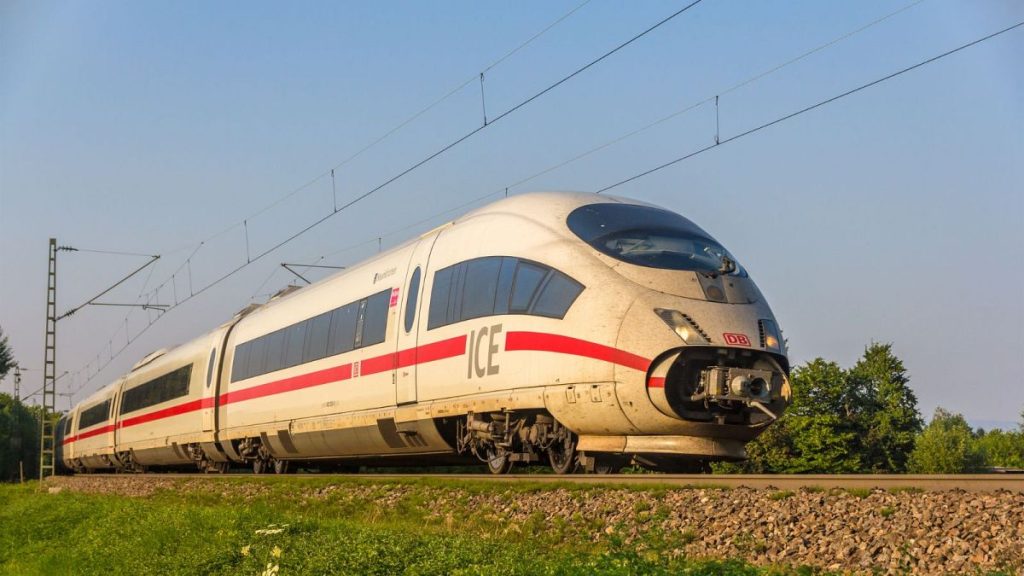Traveling by train in Europe has many advantages, such as being more sustainable and offering scenic views. However, the experience can be challenging due to factors like high prices, lack of infrastructure, and complicated booking processes. Trains are often more expensive than flights, with some routes costing significantly more than air travel. The Community of European Railway and Infrastructure Companies (CER) believes that trains are not on a level playing field with the aviation industry, and they are calling for fair competition regulations to be put in place.
The popularity of train travel in Europe has been rising steadily, with a 10% increase in passenger numbers in the decade leading up to the pandemic. Night trains are also making a comeback, and there is a growing demand for sustainable travel options. However, the total number of long-distance cross-border services has remained stagnant, making up only about 7% of train journeys in Europe. To increase these numbers, easier planning and booking processes are necessary. Currently, there is no centralized platform for booking international train journeys, making it challenging and costly for travelers to navigate different operators.
The European Union (EU) has proposed the Multimodal Digital Mobility Services legislation to address these issues. This legislation aims to create a platform where passengers can purchase a single ticket for a cross-border journey and have stronger rights in case of missed connections. While this legislation has been delayed, it is hoped that it will be reconsidered in early 2025. Despite these efforts, some train companies have faced challenges in providing international ticket sales online. The French train company SNCF, for example, has suspended the sale of certain international tickets due to changes in the reservation system.
The upcoming European elections could have a significant impact on the future of cross-border rail travel. Advocates for train travel are urging voters to support parties with ambitious green agendas to ensure continued progress in improving Europe’s railways. The EU has made strides in funding climate tickets and infrastructure projects, as well as promoting high-speed rail links. However, there is still much work to be done to make train travel more accessible and competitive with other modes of transportation. Despite the challenges, train enthusiasts like Anna Pagani continue to embrace the unique experience of rail travel and hope for a future where barriers to train journeys are eliminated.









